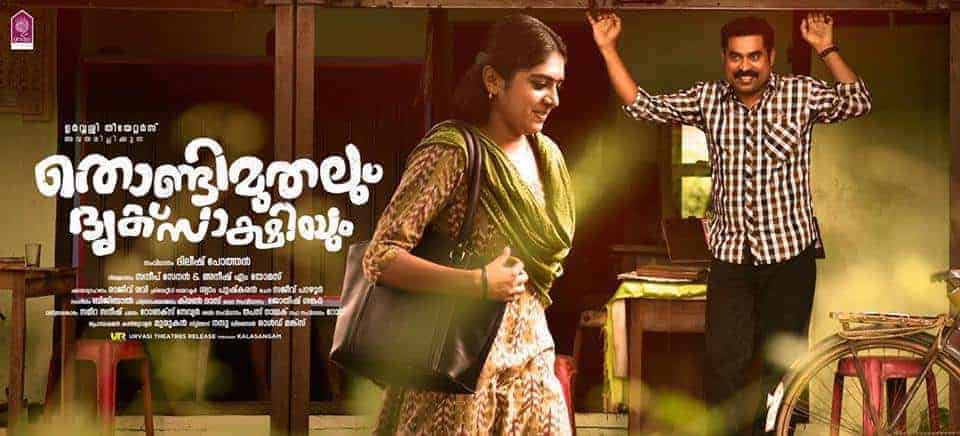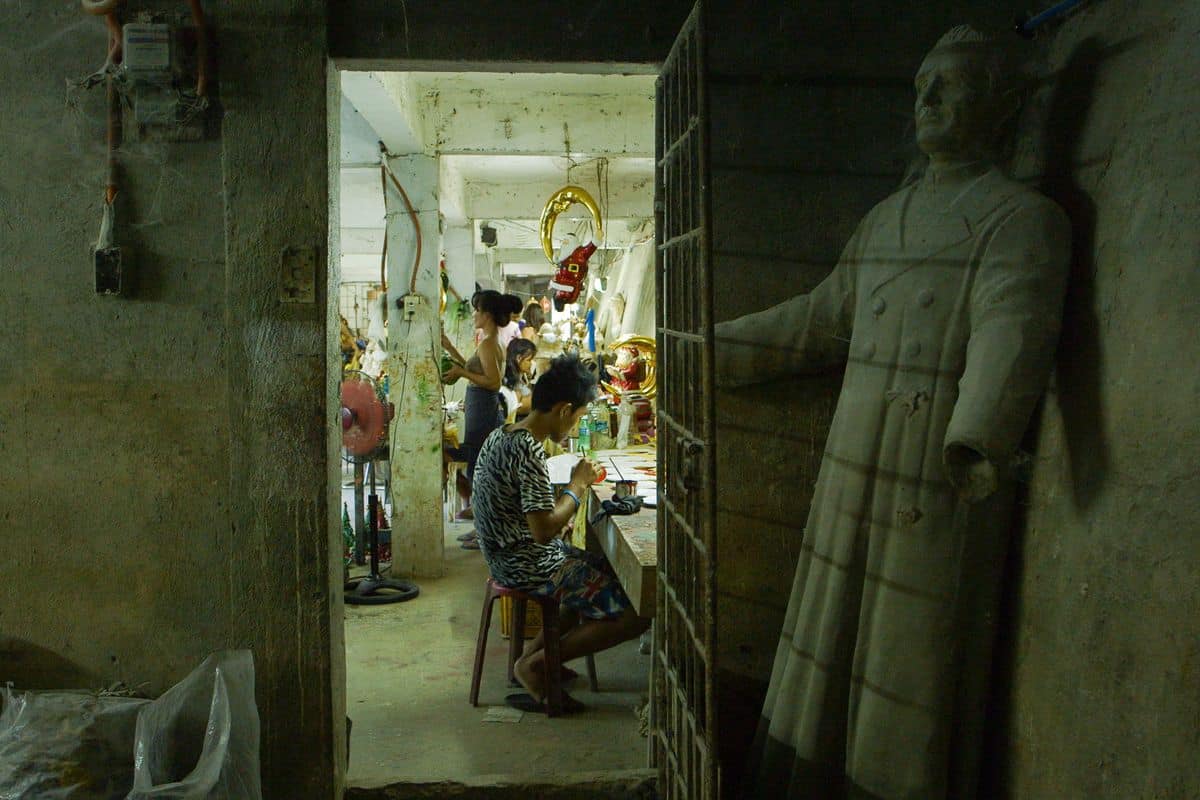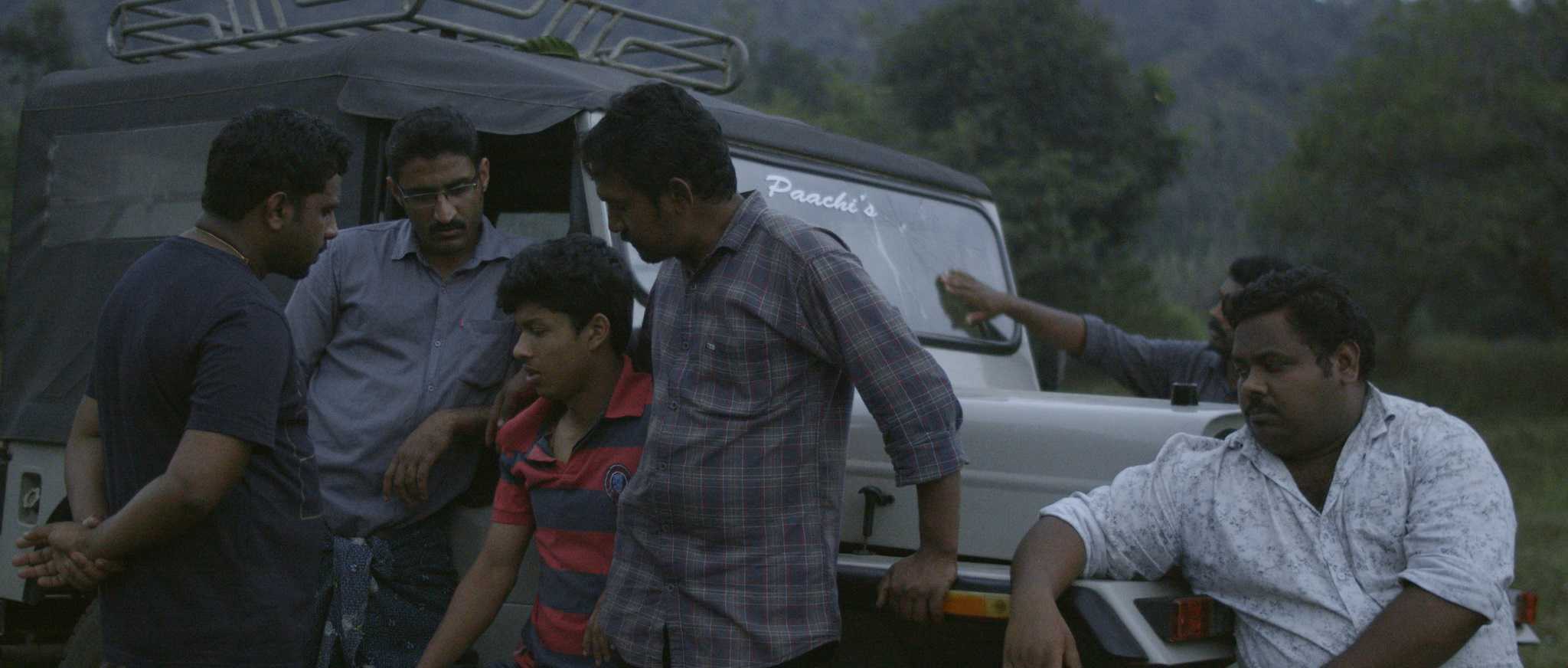After the most talked about film of Malayalam film industry in the last year “Maheshinte Prathikaram” (“Mahesh's Revenge”), director Dileesh Pothan and actor Fahadh Faasil come together for “Thondimuthalum Driksakshiyum” (Roughly translated as “The Exhibit and the Witness”). Even though it's only the second film from Pothan, due to the immense fan following from his previous film, which even generated a trend of finding minute details from that film and labeling it as Pothettan brilliance, there was much hype to live up to. By making the subject into a dark humor rather than the previous film, which was more of a feel-good movie, Pothan was able to satisfy and surprise his fans.
The film begins in a rural village near Alappuzha where chance encounters lead into a love affair between Prasad and Sreeja. Their inter-caste marriage prompts them to shift to Kasargod. On the bus journey, Sreeja's gold chain is snatched by a man behind her while she is asleep. As the chain is being snatched, she comes out of her sleep only to find the man swallowing it. With the help of passengers and employees of the bus, the thief is brought to the nearby Sheni police station, the man denying the theft all the while. The only witness to the theft is Sreeja who was half asleep. So the police decide to take the man into custody and wait for a day to find if the chain can be found in his shit.
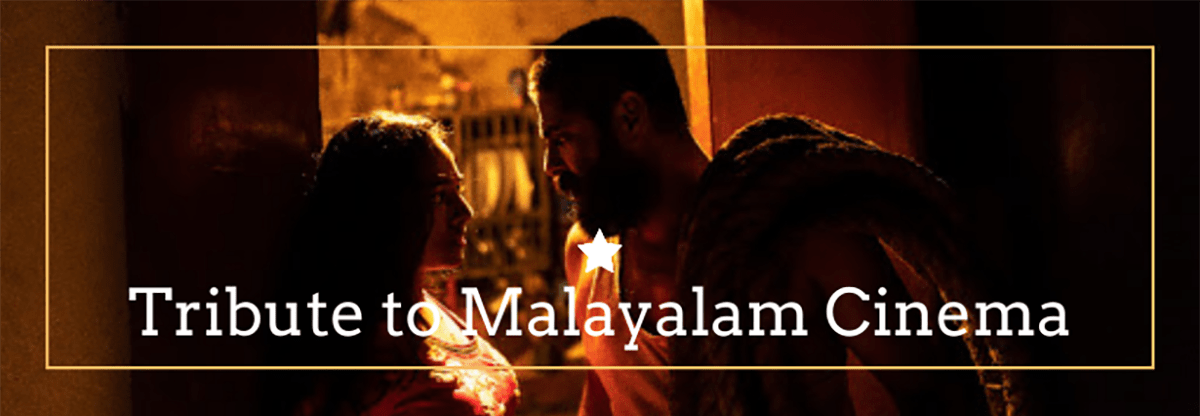
Just like in his previous film, Pothan manages to make the locations into characters that are essential to the story. The transition from the water abundant lush greenery of Alappuzha to the dry lands of Kasargod itself creates a drama that is almost unnoticed till the maker gives hints about it much later. Like the butterfly effect portrayed in “Maheshinte Prathikaram”, Pothan visualizes much of his ideas without making it too obvious and asking more from his viewers, without losing the fun of it or making it too intellectual.
The realistic approach of filmmaking in Malayalam films has been mostly gone through the section designated as art or parallel cinema until the last few years, where such films have become more commercially viable. Pothan's films are in the latter category, which combines the realism without losing the market appeal. The combination of Dileesh Pothan and creative director Syam Pushkaran also hides subtle political stands in plain sight. They try to point out a lot of social issues without being overly preachy. The film says a lot about hunger, caste system, identity and bureaucracy, giving enough space for each of these issues.
The writers Sajeev Pazhoor and Syam Pushkaran have done a fantastic job in creating morally conflicting situations and characters that the viewers are not sure to root for or stand against in a basic story which can be superficially viewed as morally black and white. The makers also have made the world of the film filled with believable and recognizable characters, which helps in the progression of the story. The casting of real-life police officers has helped in increasing the authenticity of the film. Among them, Sibi Thomas, who portrayed the sub-inspector and Sivadas Kannur, who portrayed the officer who's in mufti, had standout performances which made the film much more compelling.
Debutante actress Nimisha Sajayan's honest portrayal of Sreeja shows a budding talent waiting for a place in the industry. Suraj Venjaramoodu perfectly shows his acting prowess as Prasad, on a serious role distancing him from his usual loud comedic roles. Alencier Ley Lopez as the assistant sub-inspector makes his mark as one of the best supporting actors in the industry, being a vulnerable yet manipulative officer. Still, the most impressive performance is from Fahadh Faasil who portrays the thief with no identity, who even steals the name Prasad for himself. The naughty thief with his innocent smile makes it hard to hate him even though most of the words coming out of his mouth are lies.
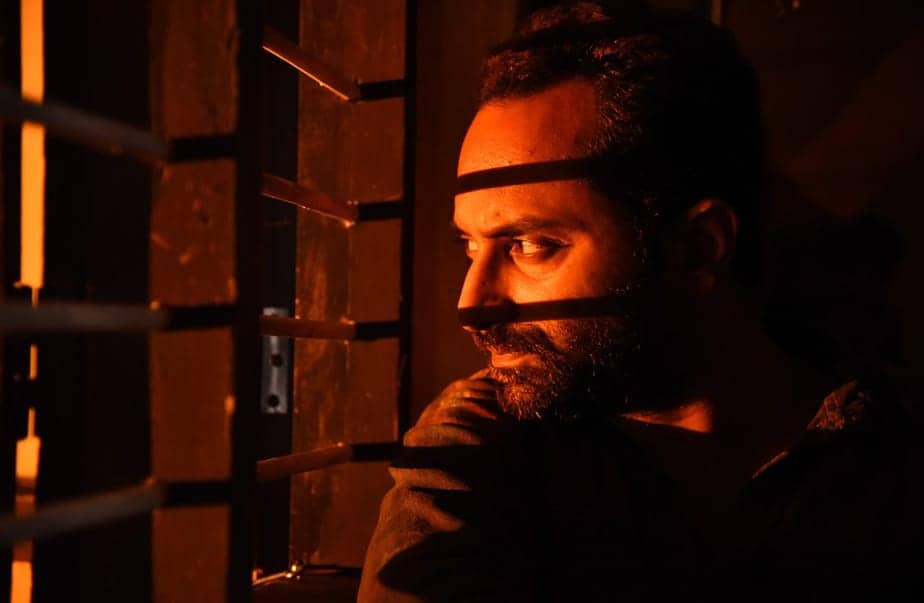
The songs in the film contribute to the story and to the understanding of the landscape. “Kannile Poika” and “Aayilyam”, composed by Bijibal and written by Rafeeq Ahammed are about the contrasting nature of the situations and the place they are residing in.
Exquisite editing by Kiran Das has made it into a film where not a single frame exists that is not important; moreover, every one of them let the narrative unfold itself. Similarly, Rajeev Ravi's cinematography never intrudes the space and always stays alongside the landscape, observing the characters as conflicted as the viewers, as he uses lighting and shadows to emphasize the recurring motifs.
With “Thondimuthalum Driksakshiyum”, Dileesh Pothan continues to break the usual norms of Malayalam films. He names his films in a way that makes people expect something and gives something else which is simpler yet wonderfully different. This is definitely one of the best films of the year from India.


